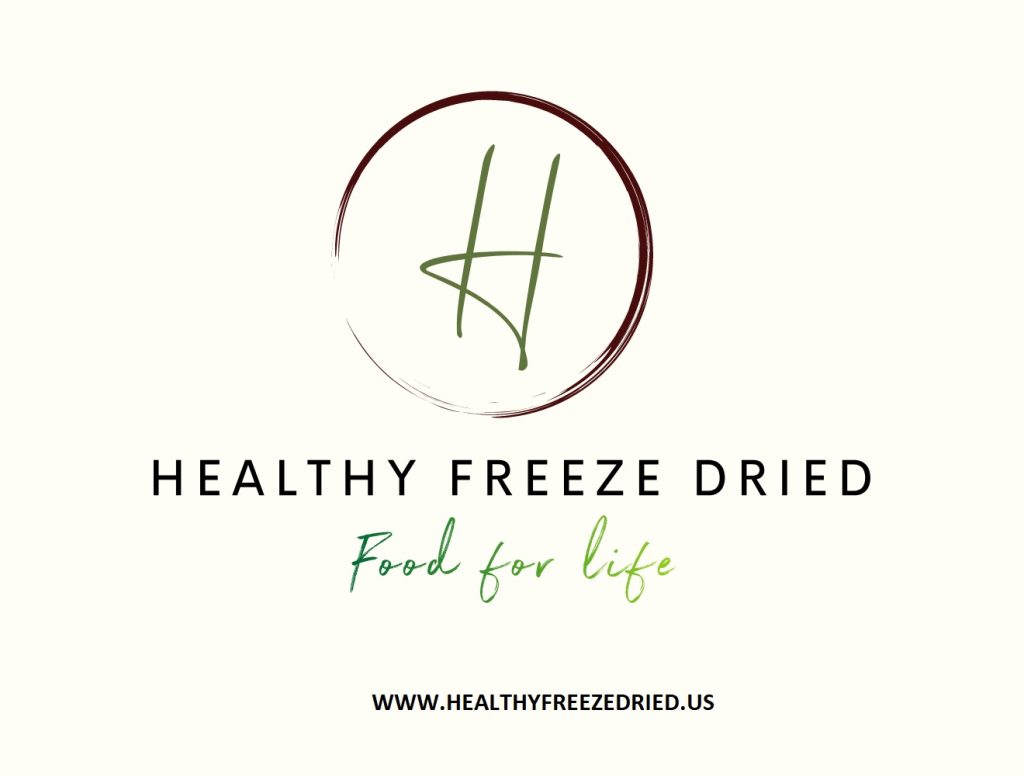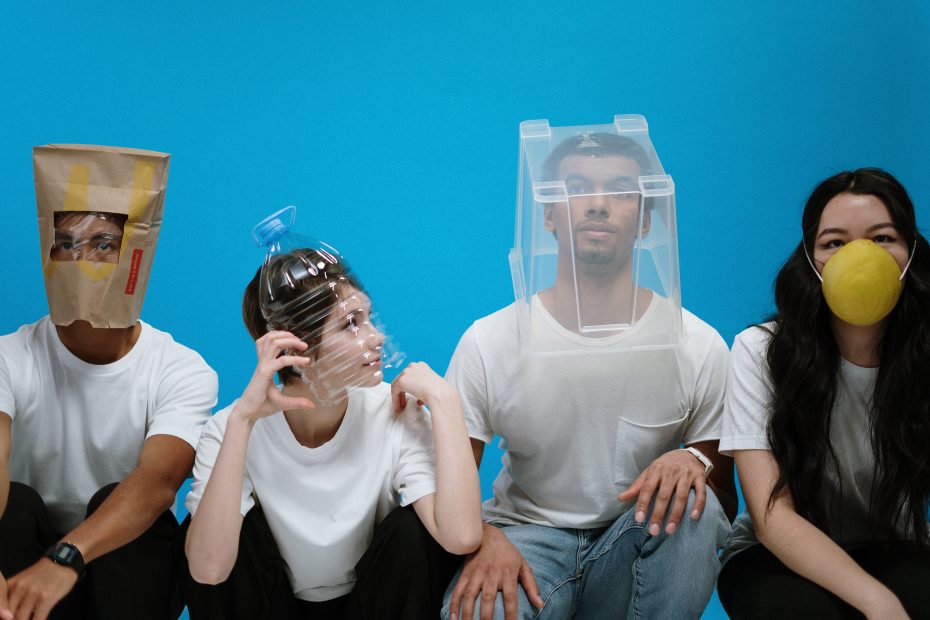In the wake of the COVID-19 pandemic and with other potential pandemics looming, the scientific community has been exploring various potential treatments and preventive measures. A fascinating development in this area is the role of sulforaphane (SFN), a compound found in broccoli microgreens, in combating COVID-19. This article examines the findings of a study conducted by Ordonez et al. (2022), which provides insight into how increased levels of sulforaphane can offer protective effects against COVID-19.
Sulforaphane: A Potent Compound in Microgreens
Sulforaphane, derived from glucoraphanin found in cruciferous vegetables like broccoli, is known for its antioxidant and anti-inflammatory properties. This bioactive compound has shown promising results in in vitro studies against various strains of SARS-CoV-2, including the Delta and Omicron variants, and seasonal coronavirus HCoV-OC43.
The Study: Sulforaphane’s Antiviral Activity
Ordonez et al. (2022) conducted a comprehensive study to evaluate the antiviral activity of sulforaphane. They discovered that SFN inhibited the in vitro replication of six strains of SARS-CoV-2. Furthermore, prophylactic administration of SFN to mice prior to intranasal SARS-CoV-2 infection significantly decreased viral load in the lungs and upper respiratory tract, and reduced lung injury and pulmonary pathology compared to untreated infected mice.
Sulforaphane’s Impact on Immune Response
The study also observed that sulforaphane treatment diminished immune cell activation in the lungs. This included significantly lower recruitment of myeloid cells and a reduction in T cell activation and cytokine production. These findings suggest that sulforaphane could modulate the immune response to SARS-CoV-2, potentially leading to less severe outcomes in COVID-19.
Potential for COVID-19 Prevention and Treatment
Given these results, Ordonez et al. (2022) suggest that sulforaphane should be explored as a potential agent for the prevention or treatment of coronavirus infections. The fact that sulforaphane is a naturally occurring compound, available in broccoli microgreens, makes it an accessible and potentially valuable tool in the fight against COVID-19.
Conclusion
The research conducted by Ordonez et al. (2022) underscores the potential of sulforaphane, particularly from broccoli microgreens, as a natural agent against COVID-19. By increasing the consumption of broccoli microgreens, individuals might enhance their intake of sulforaphane, potentially leveraging its antiviral and immune-modulating properties to combat COVID-19.
References
Ordonez, A. A., Bullen, C. K., Villabona-Rueda, A. F., Thompson, E. A., Turner, M. L., Merino, V. F., … & Jones-Brando, L. (2022). Sulforaphane exhibits antiviral activity against pandemic SARS-CoV-2 and seasonal HCoV-OC43 coronaviruses in vitro and in mice. Communications Biology, 5(242). https://www.nature.com/articles/s42003-022-03189-z

